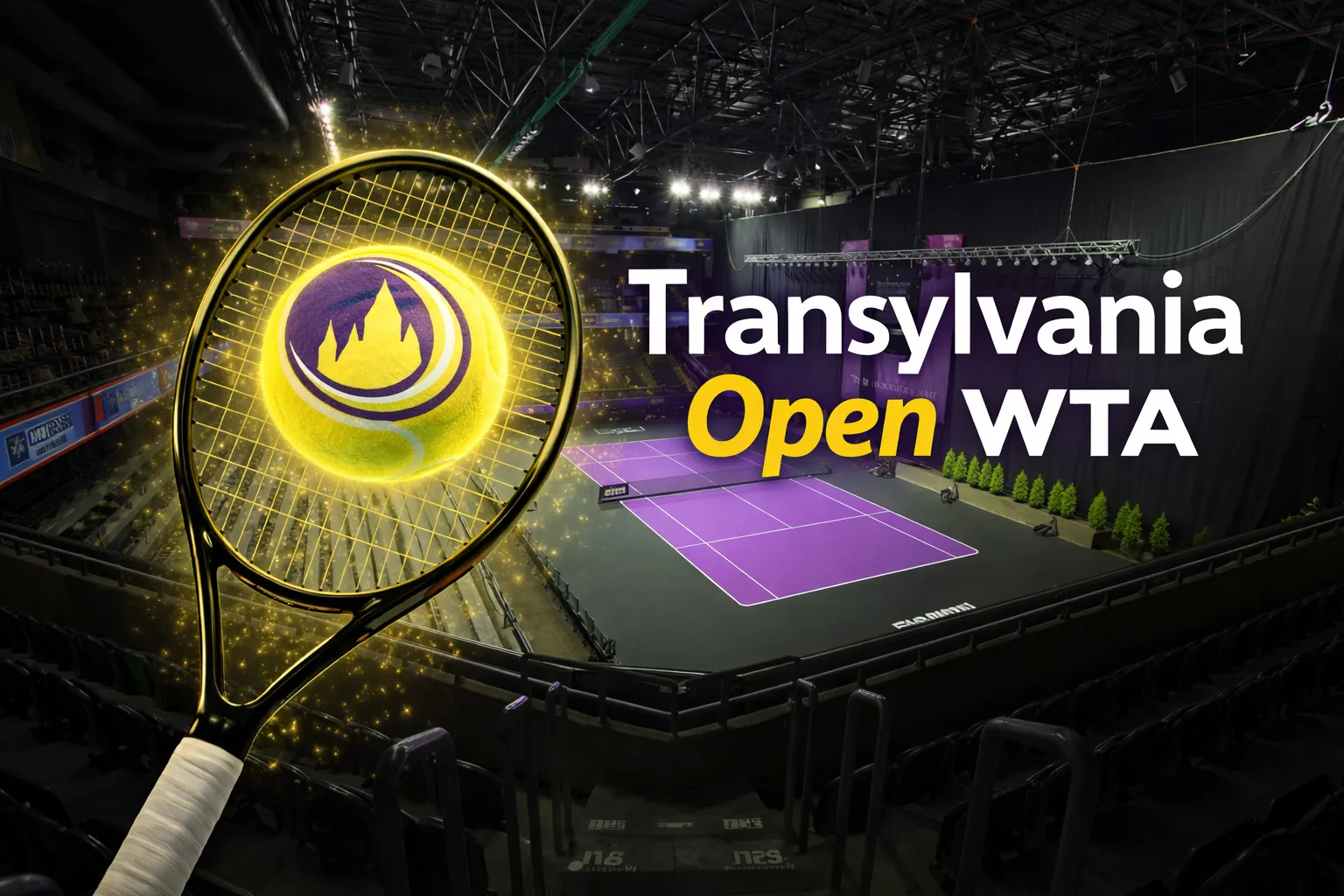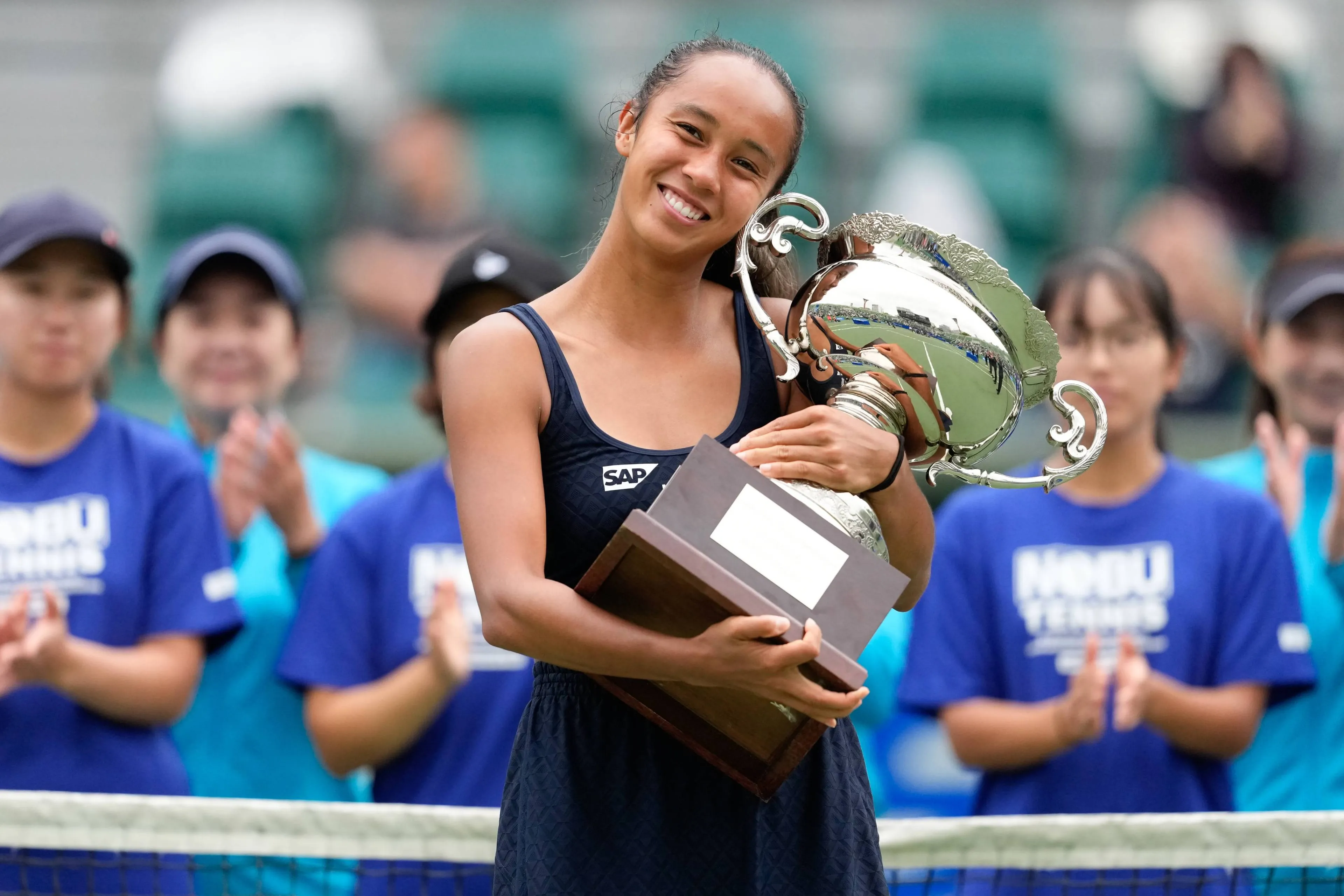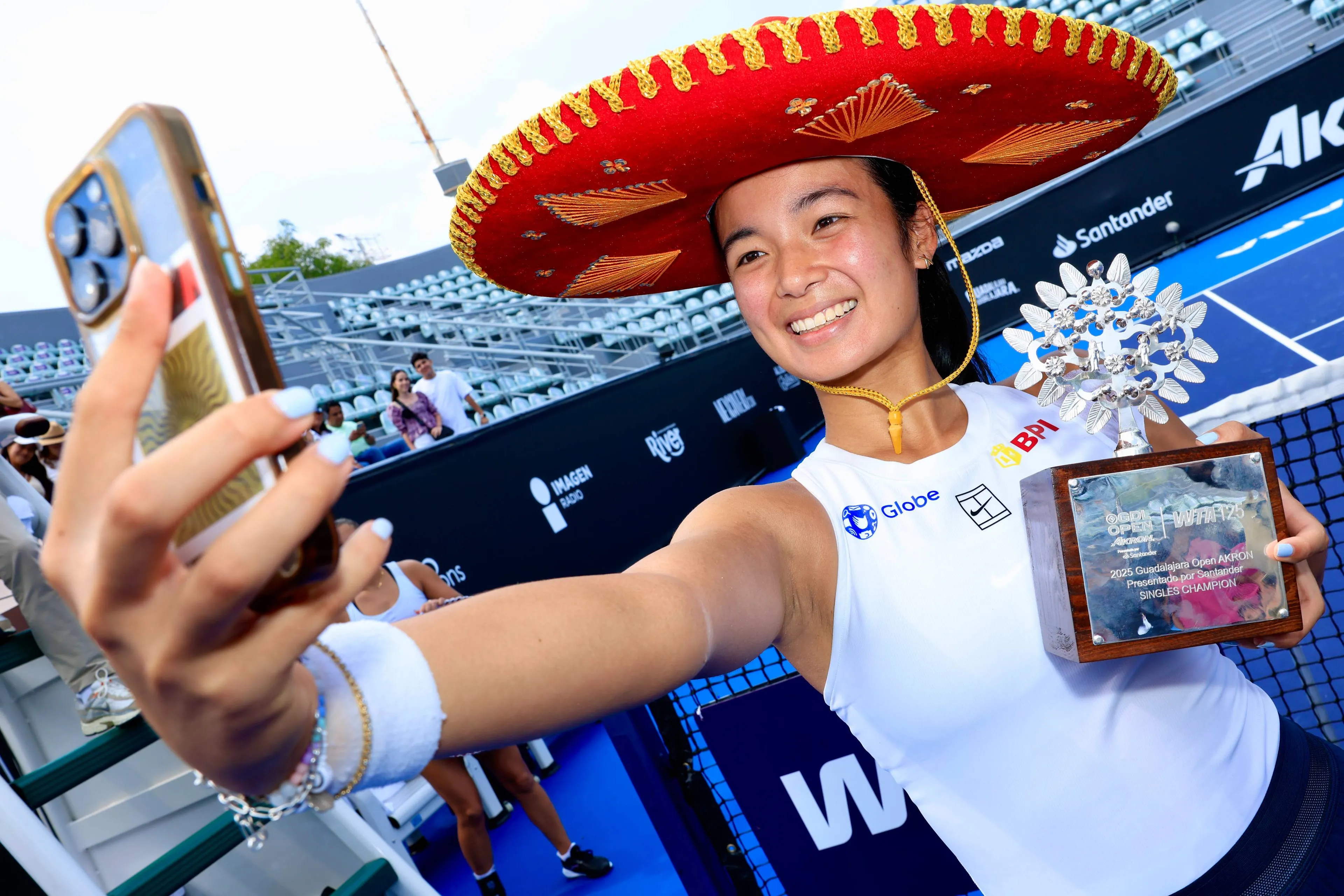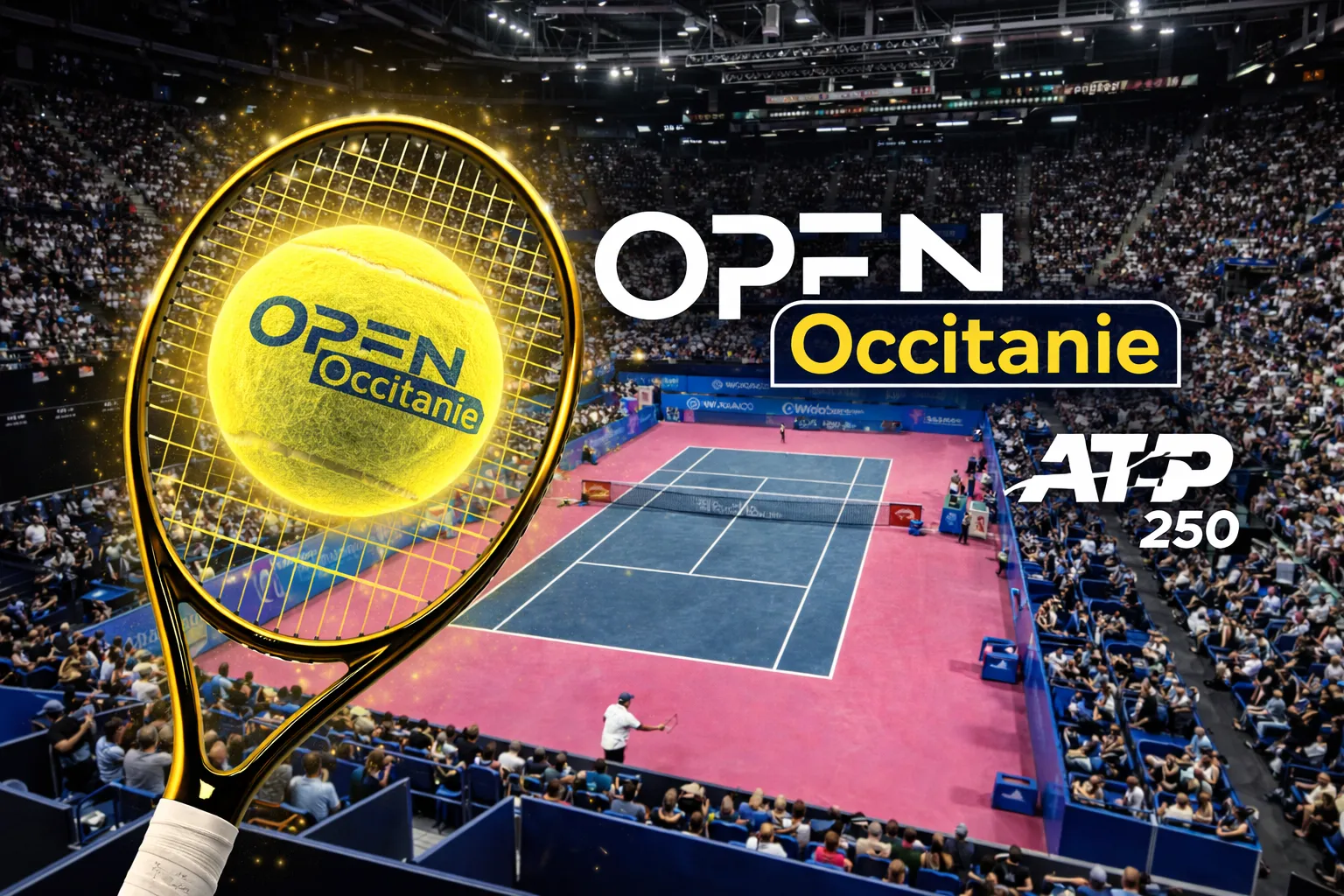US Open reveals guidelines for hosting this year's event amid Coronavirus pandemic
Tennis NewsTuesday, 02 June 2020 at 08:30
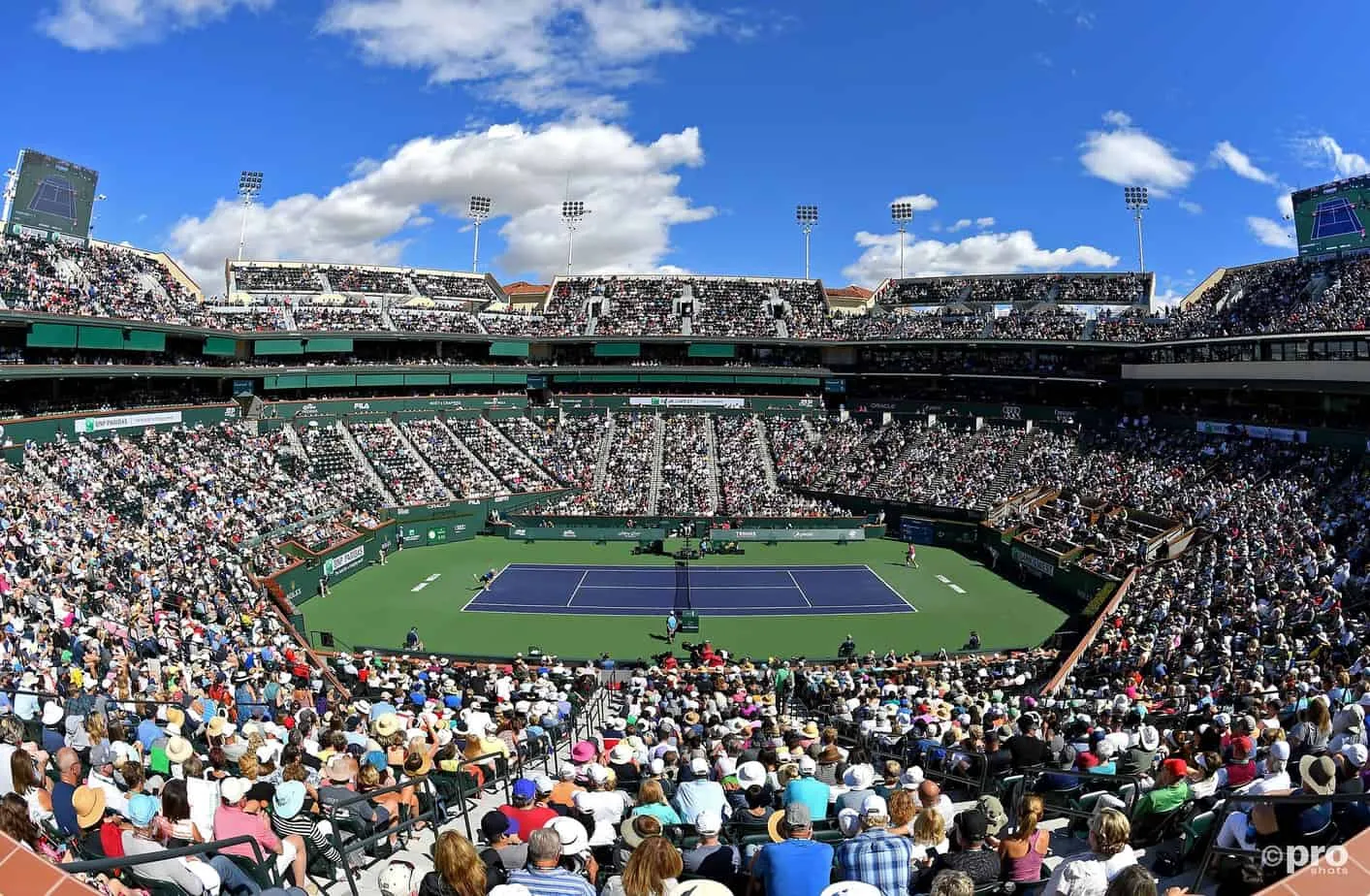
With most countries loosening restrictions surrounding the coronavirus pandemic, the US Open has revealed some guidelines on how it would handle the event this summer.
These plans include chartered flights for players, limited entourages and of course negative COVID-19 test results before traveling. Furthermore, there would be no spectators, with fewer on-court officials and no locker-room access on practice days.
“All of this is still fluid,” Stacey Allaster, the U.S. Tennis Association’s chief executive for professional tennis, said in a telephone interview Saturday. “We have made no decisions at all.”
If the USTA did decide to go ahead with the tournament, it would occur at it's usual site and time on the calendar.
“We continue to be, I would say, 150% focused on staging a safe environment for conducting a U.S. Open at the Billie Jean King National Tennis Center in New York on our dates. It’s all I wake up -- our team wakes up -- thinking about,” Allaster said. “The idea of an alternative venue, an alternative date ... we've got a responsibility to explore it, but it doesn’t have a lot of momentum.”
An announcement should come from “mid-June to end of June,” Allaster said.
The USTA presented its operational plan to a medical advisory group Friday; now that will be discussed with city, state and federal government officials.
Allaster also addressed other topics, which included proof of a negative COVID-19 test prior to traveling to New York. “Once they come into our, let’s say, ‘U.S. Open world,’” Allaster said, “there will be a combination of daily health questionnaires, daily temperature checks and ... some nasal or saliva or antibody testing.”
CHARTERS
Paris, Vienna, Frankfurt, Buenos Aires and Dubai are among the cities where players could catch a flight to John F. Kennedy International Airport on an airline that is a tournament partner. Afterward, players might be taken to where they play next; tournament sites in later September could include Paris, Madrid or Rome.
ENTOURAGES
“A player coming with an entourage of five, six, seven, eight is not something that’s in the plan,” Allaster said. One possibility: Tournaments could provide physiotherapists and masseuses so players don’t bring their own.
OFFICIATING
Matches could use fewer line judges than usual, with more reliance on line-calling technology. “It’s a hard one,” Allaster said. “Obviously, we want to ensure that we have the highest level of integrity.”
BALL PERSONS
The current plan is to have them -- only adults, no kids.
[embed]https://twitter.com/usopen/status/1267108929353461760[/embed]
claps 0visitors 0
Just In
Popular News
Latest Comments
- A certain sponsor-laden British girl could use his mental help.
- Pathetic is all one can say anymore.
- Big talk coming from someone who can barely roll herself out of bed each day.
- In all fairness, people should stop lifting Emma up so high on their imaginary pedestals. There is no shame in being a Top 30 or Top 25 player; Masters wins or not. On the other hand, Emma cannot keep a coach and/or trainer. Instead she offers what seems like psychobabble reasoning/excuses for each firing in her team. Place the hype and pretense on the shelf. If she is competitive from time to time sponsors are likely to hang-in there with Emma. But enough is enough in the 'make her what she is not' department.
- Bencic must not feel comfrotable playing a male opponent?
- Even if they play the best 3 out of 5, the current women tennis players lack skills. They hit more balls off the court than on. It is disheartening to watch. Unlike the ATP, there is no solid top 10 in women tennis. It has been spiraling downward since after the Williams sisters, Henin, etc. era. That is when women tennis was at its best. Right now, it is unwatchable.
- Rybakina is nowhere near a better player than Sabalenka. When was the last time before this year Australian Open has Rybakina made to the end of a Slam? The majority of the time she is knocked out in the early rounds.
- Stay focused on tennis Sabalenka. I do not understand why the Ukrainian players are worrying about a war, everyone else is paying for but them. Zelensky is playing the world like a fiddle, while fattening his pockets.
- THOSE UKRAINIANS NEEDS TO BE THROWN OFF TOUR. AND THE ONLY THING THE FANS WANTS THEM TO DO IS TO GO OUT THERE AND PLAY GOOD TENNIS SO THAT THEY CAN GET THEIR MONEY'S WORTH. SOMETHING THE WOMEN TENNIS HASN'T PRODUCE IN A LONG TIME. THEY DO NOT CARE ABOUT ANY WAR. BECAUSE IF THAT IS THE CASE, NO ONE WILL SHAKE HANDS. ESPECIALLY WITH AMERICANS.
- Maybe she can steal points and trophies from the College Circuit?
Loading
